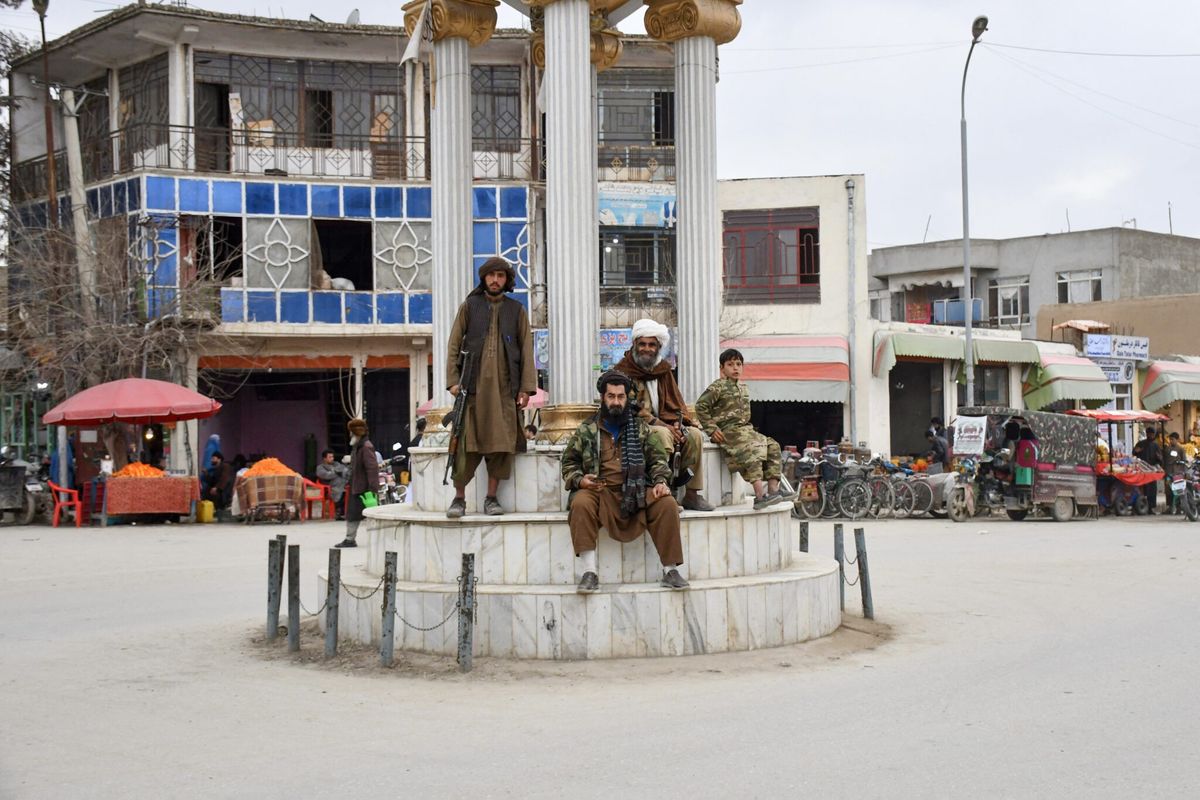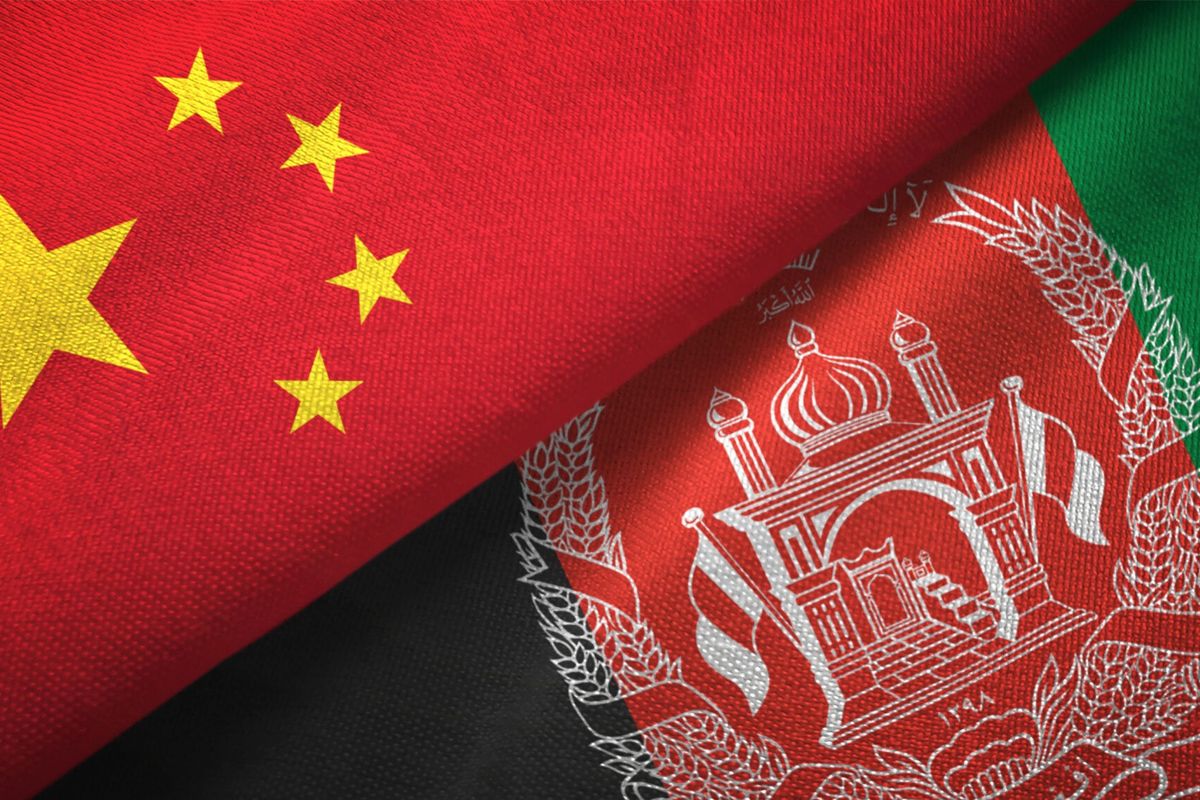U.S. President Barack Obama announced Wednesday that he will leave 8,400 U.S. troops in Afghanistan through the end of his presidency, considerably slowing the drawdown he announced last fall.
There are currently 9,800 American troops in Afghanistan, and the President had planned to reduce the number to 5,500 by late 2016 or early 2017.
The President’s latest revision reflects recommendations from the U.S. commander in Afghanistan, General John W. “Mick” Nicholson Jr.
“The security situation in Afghanistan remains precarious,” Obama said during an appearance at the White House. “Even as they improve, Afghan security forces are still not as strong as they need be. The Taliban remains a threat.”
Defense Secretary Ash Carter, Chairman of the Joint Chiefs of Staff General Joseph Dunford, and Commander of U.S. Central Command Joseph Votel, flanked the President as he spoke.
The Cipher Brief conducted an exclusive interview with former U.S. Ambassador to Afghanistan, Ryan Crocker, to discuss his thoughts on the President’s announcement:
The Cipher Brief: What do you make of President Obama’s decision to leave 8,400 troops in Afghanistan as opposed the 5,500 he initially planned?
Ryan Crocker: I welcome the announcement. I have argued for some time that we need to retain forces in Afghanistan, most recently joining colleagues in an open letter to the President last month. A number of former ambassadors and former military commanders in Afghanistan wrote to urge the President to leave further troop decisions for the next administration. Clearly, I am encouraged by this.
TCB: How long do you think this number of troops will remain in Afghanistan? Do you see he number fluctuating further?
RC: We have to look at conditions, not calendars. We need to maintain the force level and composition necessary to ensure that Afghanistan does not descend into chaos again, and we need to be ready to do that for as long as it takes. The stakes are incredibly high.
TCB: How much of a role did the situation in Iraq play in President Obama’s decision to keep a higher troop count in Afghanistan?
RC: I really can’t know that. I’ve been on record making the point that pulling all forces out of Iraq without a focus on conditions has certainly contributed to the extremely grave situation that we face today. Now, whether the President looked at that in making his Afghanistan decision or not, I don’t know. Certainly, Afghanistan stands on its own terms as an issue, not related to any other.
TCB: How strong is the Taliban in Afghanistan? Will the increased number of troops and recently adjusted rules of engagement for U.S. troops help with the effort to keep the Taliban at bay?
RC: Clearly, it will have an effect. Part of the significance of the continued force presence is the signal it sends to friends and foes alike in Afghanistan. For the Afghan government and people, it sends a signal that we are not abandoning them. And that’s important, particularly for the Afghan security forces – to know that we are there and we will continue to be there.
It’s also a signal to our enemies that we are not going away this time. I would think that the President’s announcement is going to cause some recalculations on the part of the Taliban.
I’ve also long argued that the rules of engagement (ROE) in Afghanistan need to encompass strikes directly on the Taliban, and I think we’re clearly moving in that direction.
TCB: Will this decision impact the threat and growth posed by al Qaeda and ISIS in Afghanistan?
RC: Clearly, it will. That has been the primary mission of our forces in Afghanistan, to attack al Qaeda and ISIS wherever we can find them, as well as of course, train, advise, and assist Afghan Security Forces. And we’ve been fairly effective in keeping these two enemies squarely in our sights. Obviously, we will continue to do that.
TCB: What are the broader implications of the President’s announcement for American policy in Afghanistan moving forward?
RC: I think the President’s announcement on troop levels is situated in a broader policy that, at this point, I would say, is implicit, but nonetheless very important – that the United States is not walking away from Afghanistan, not militarily, but by extension, not politically either. And I think that’s extremely important for both allies and adversaries to hear.













